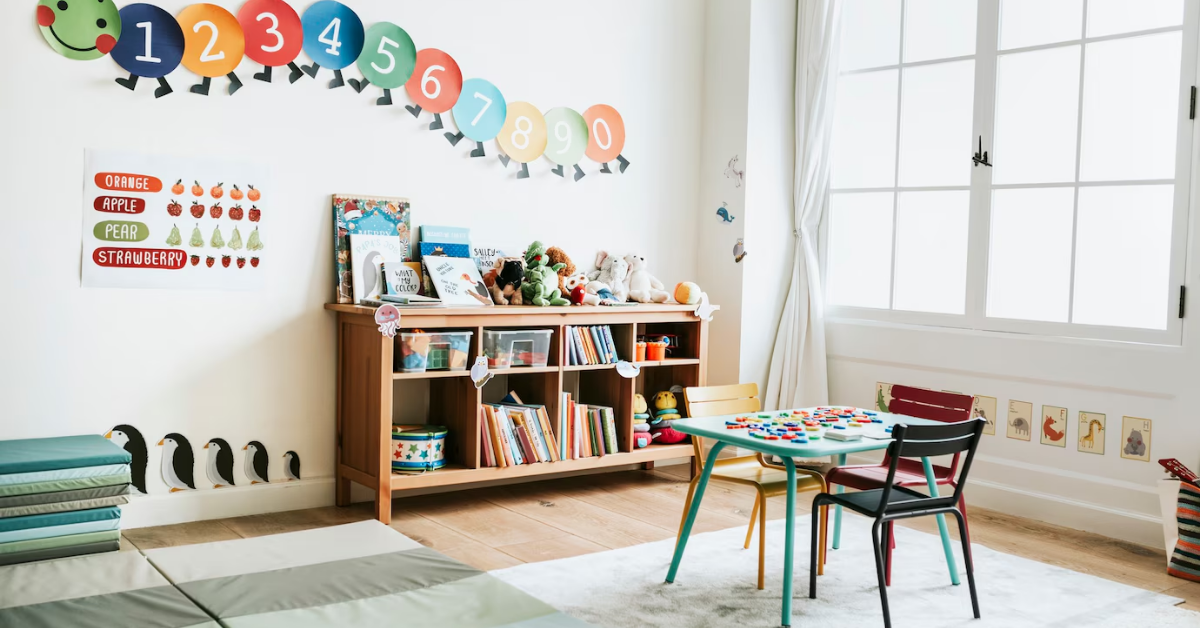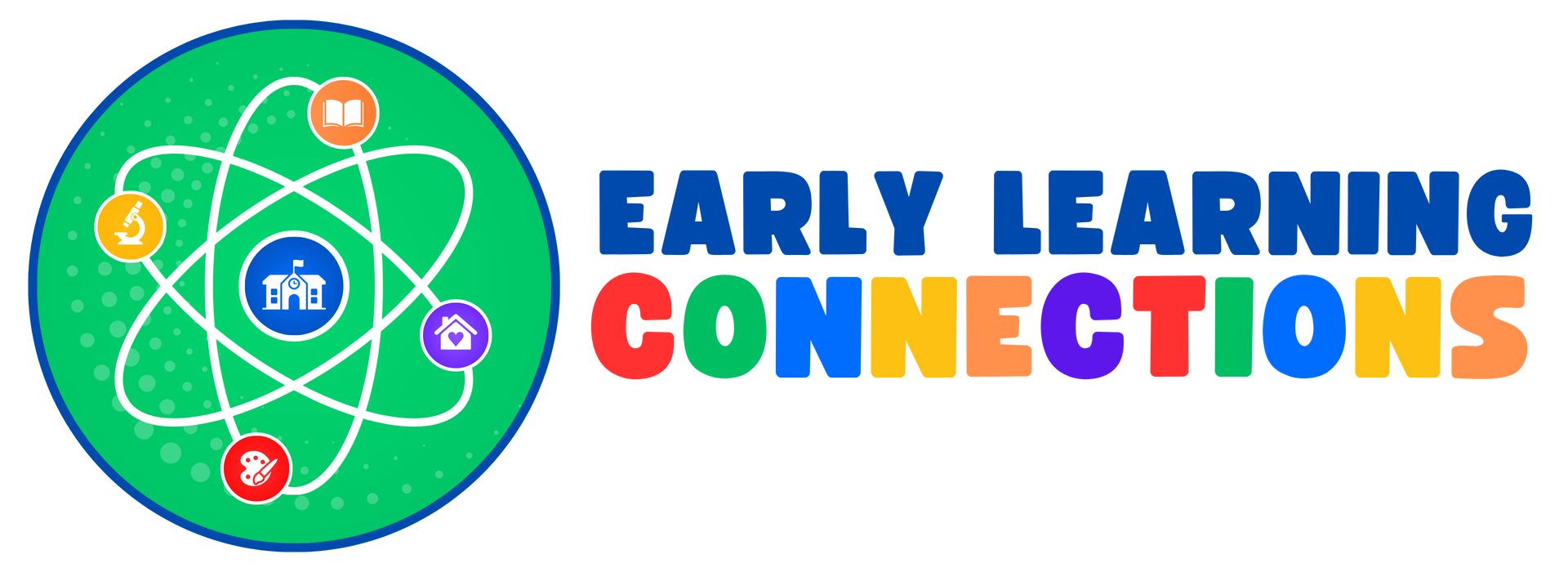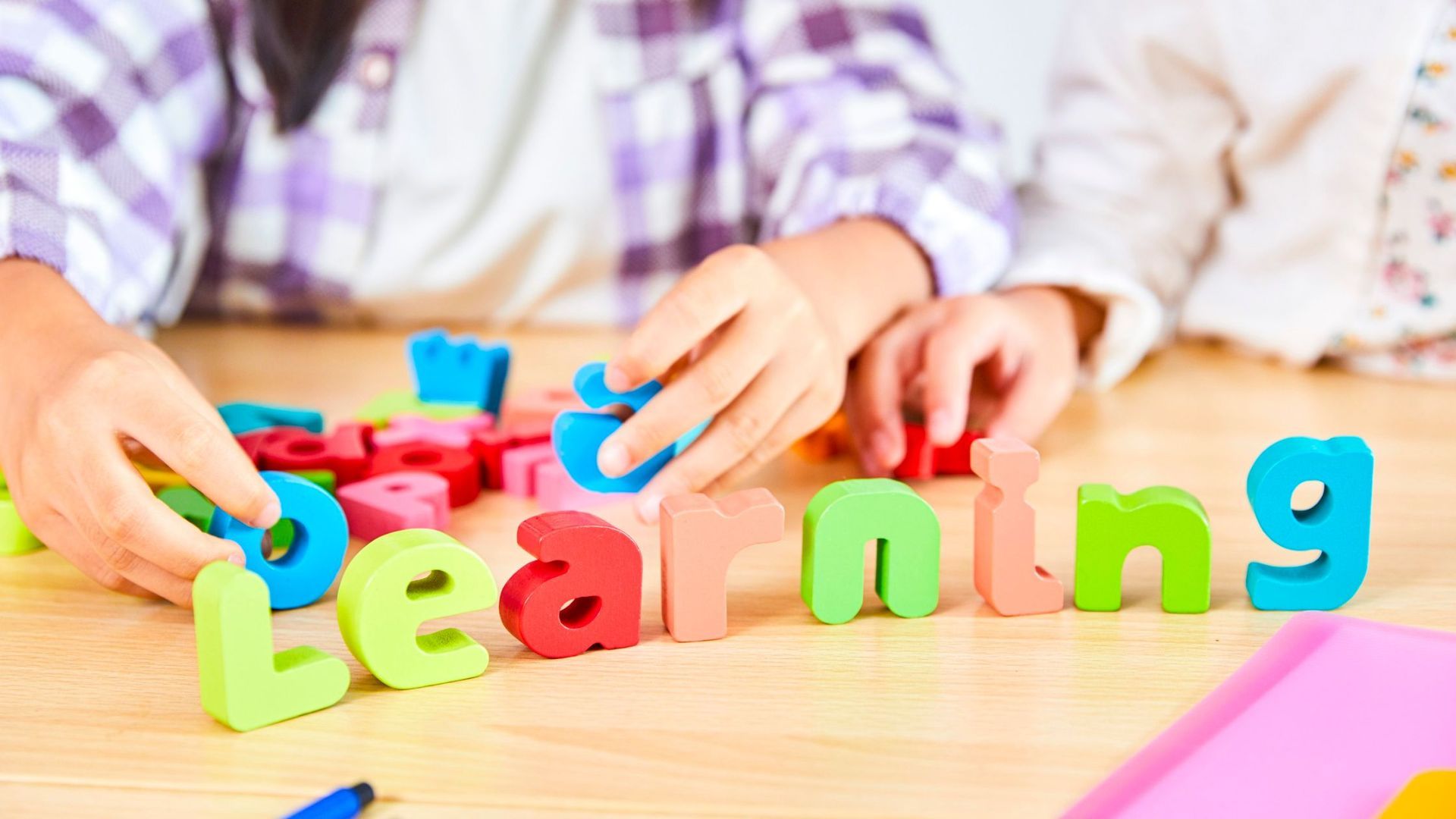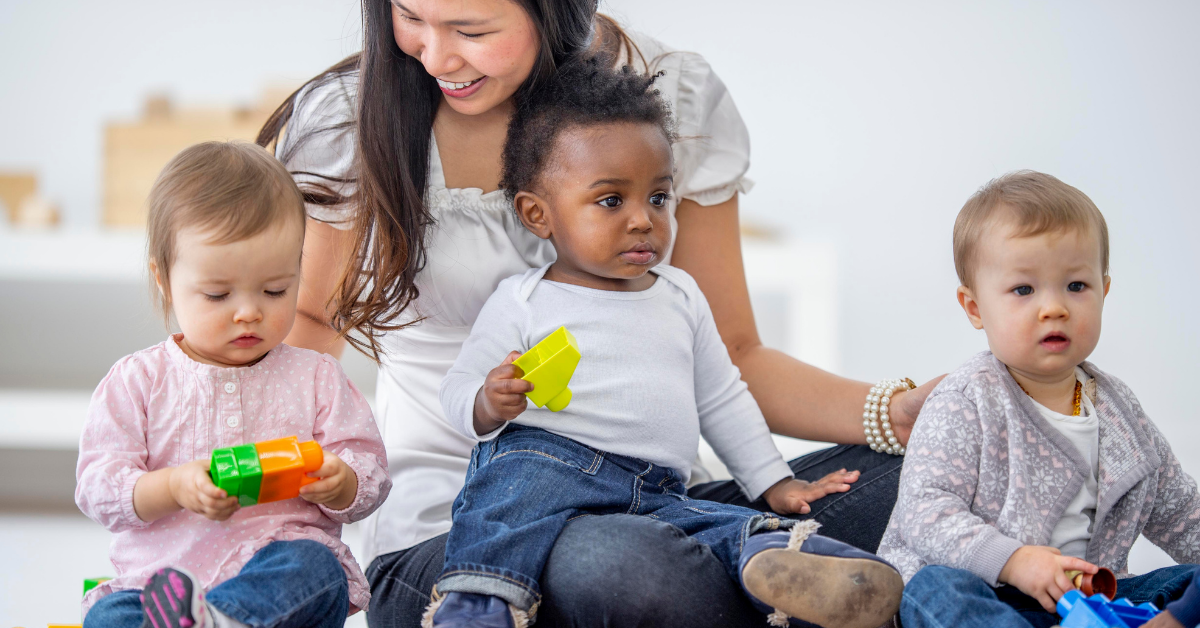Choosing the Right Childcare Center: What Parents Should Look For

Choosing the right childcare center is one of the most important decisions parents make for their child’s early development. A high-quality childcare center provides a safe, nurturing environment where children can learn, grow, and thrive. With so many options available, it can be overwhelming to determine which facility is the best fit for your child. This guide will help parents understand what to look for when selecting a childcare center to ensure a positive and enriching experience for their little one.
Key Factors to Consider When Choosing a Childcare Center
1. Safety and Cleanliness
The health and safety of children should be a top priority for any childcare center. When visiting potential facilities, consider the following:
- Secure entry points and visitor policies to prevent unauthorized access.
- Clean and hygienic classrooms, restrooms, and play areas.
- Proper childproofing measures, such as outlet covers and locked cabinets for hazardous materials.
- A clear emergency plan in place for medical situations, fires, or other emergencies.
2. Qualified and Caring Staff
The quality of a childcare center is heavily influenced by its teachers and caregivers. Observing how staff members interact with children can provide insights into their approach to early education and care.
- Look for staff with relevant degrees or certifications in early childhood education.
- Ask about background checks, first-aid training, and child CPR certifications.
- Ensure teachers are warm, patient, and genuinely interested in children’s well-being.
- Check the child-to-teacher ratio to ensure each child gets adequate attention.
3. A Well-Structured Curriculum
A strong educational foundation starts in early childhood, making it essential to choose a center with a well-rounded curriculum that promotes cognitive, social, and emotional development.
- Ask about the learning philosophy—does it follow Montessori, play-based, or another approach?
- Look for programs that balance structured learning with free play.
- Ensure there are activities that develop language, math, motor skills, and creativity.
- Inquire about daily schedules and enrichment programs, such as music, art, or physical education.
4. A Nurturing and Stimulating Environment
The environment plays a key role in a child’s comfort and engagement. A well-designed childcare center should be warm, inviting, and equipped with age-appropriate learning materials.
- Classrooms should have designated spaces for learning, play, and rest.
- Look for a variety of books, puzzles, and educational toys that encourage exploration.
- Outdoor play areas should be safe and promote physical activity.
- The atmosphere should feel positive, with children engaged and happy.
5. Healthy Meals and Nutrition Policies
Nutrition is crucial in early childhood, as it supports physical growth and cognitive development. Check the center’s meal plans and food policies to ensure they align with your child’s dietary needs.
- Ask if meals and snacks are provided and if they follow nutritional guidelines.
- Check for accommodations for allergies or dietary restrictions.
- Ensure children have access to clean drinking water throughout the day.
6. Parental Involvement and Communication
A good childcare center values parental involvement and maintains open communication with families.
- Ask how the center keeps parents updated (newsletters, daily reports, mobile apps, etc.).
- Look for centers that encourage parent-teacher meetings and involvement in activities.
- Consider how responsive the staff is to questions and concerns.
7. Reputation and Reviews
Researching the experiences of other parents can provide valuable insights into a childcare center’s strengths and weaknesses.
- Read online reviews and testimonials.
- Ask for references from current or past families.
- Observe if the children in the center appear happy, engaged, and well cared for.
8. Flexibility and Convenience
Practical considerations like location, hours of operation, and policies should also be factored into your decision.
- Choose a center that fits your work schedule and commuting needs.
- Inquire about holiday closures, sick policies, and emergency care options.
- Understand the enrollment process, fees, and refund policies.
When choosing the right childcare center, it's also important to consider the best age for your child to start their early learning journey. Understanding developmental milestones and readiness factors can help parents make an informed decision. Learn more about the best age to start childcare and how to prepare your child for daycare to ensure a smooth and positive transition.
Conclusion
Selecting the right childcare center requires careful consideration of safety, staff qualifications, curriculum, and environment. By visiting multiple centers, asking the right questions, and observing interactions, parents can make an informed choice that ensures their child receives quality care and early education. The right childcare center not only prepares children for future learning but also provides a loving and supportive environment where they can thrive.










